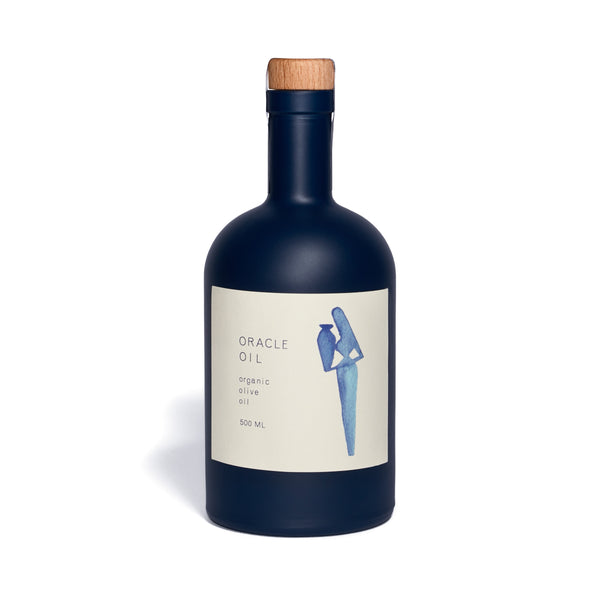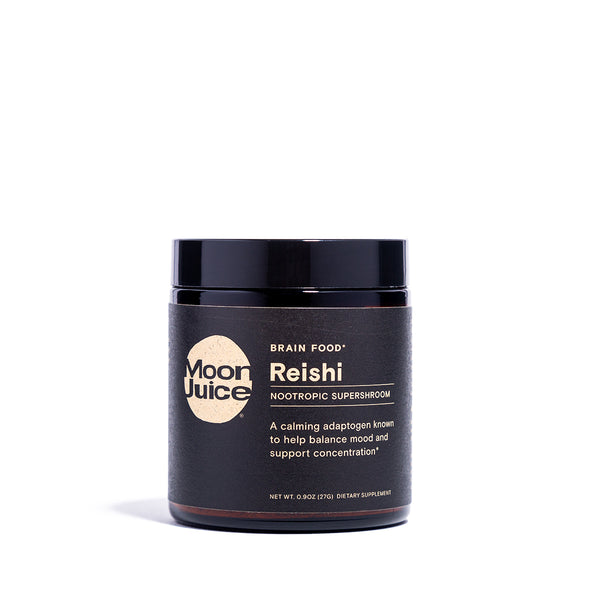You both have such unique and inspiring personal journeys, how do your individual paths complement each other? How did you meet? When in your relationship did you know you would create together?
We met in a yoga class in west LA. Rich was newly sober and Julie was going through a divorce. We felt drawn together by a familiarity, an intuition that we knew each other and were meant to be together. Our first collaboration was a short film called “Downdog”. It’s a satire on yoga in the western culture. It was on the circuit at film festivals for a year. We won first place in Boulder, Colorado in 2004. You can watch it on Vimeo. We found we were perfectly matched in our extreme opposite natures to bring different elements that produced a successful result. We thought we were going to be filmmakers but instead we went through a transformation and became wellness warriors.
What is your food philosophy?
Our food choices have an entry into living our best and most authentic lives. In our experience, one of the most powerful moves we made toward living our best lives is by adopting a plant-based diet. Plants are a life force that foster the ideal environment for you to find yourself. When your body is free from processed foods and animal products, vitality, health, compassion and empathy awakens within you. The results of adopting this way of eating are soon seen and felt. Even eating plants for two weeks will have significant effects on your health. It’s incredible how resilient the human body is when supported with mostly whole plant-based foods. We are living proof. I healed a cyst in my neck with diet and Ayurveda, and Rich has trained and raced as an endurance athlete with amazing results for the past 10 years. We are not perfect all the time, but when we live a more plant-based diet most of the time, the effects have been dramatic on our overall health. Body, heart and spirit.
How does such a passion for eating plant-based show up in your daily lives?
As a creative family of 7 working from home, someone is always looking for food in the kitchen in between podcasts, writing, painting or recording music. We love to cook at home as much as possible but sometimes we are creatively spent and so the vegan corn dog finds its way into the freezer. But when we practice non-judgment around our food choices we make space for independence and food freedom for all of us. The decisions our children make ultimately can be their own. Without fail, after choosing that slice of cheese pizza at a friend’s birthday party, there is a return back to the baseline of a vegan diet. Armed with the experience of how our bodies feel after eating dairy, gluten or meat we gain invaluable experience and keep refining the purity of what we are eating. Organic is something that is essential to us in endeavoring to eat and live a healthy lifestyle. Pesticides are toxic! We don’t drink any alcohol so GT Dave’s Kombucha or any variety of Kombucha is our go-to spirit.

Tell us more about your new cookbook.
I just released my new cookbook, This Cheese is Nuts!, that contains over 75 plant-based cheese recipes. Think nuts, seeds, beans and tofu as your base for cheeses like Cashew Camembert, Almond Mozarella, Cashew Bleu, Triple Cream and Burrata! The innovation will blow your taste buds out of the stratosphere. Cheese 2.0, the next evolution of cheese.”
The past few years you’ve hosted “sustainable wholeness” retreats in Tuscany. What about Italy lends itself to radical wellness? How did these traditions/landscapes inform your latest book, The Plantpower Way: Italia?
In our first cookbook. The Plantpower Way, we invited the reader into our home and offered them a seat at our family table. With The Plantpower Way; Italia, we’ve expanded our” family" to include our tribe that have met us on retreat and bared their souls to go through a transformational experience of a lifetime. In this dedication we also include everyone all over planet Earth who is being called to live from a higher place of frequency sharing their gifts and changing the world for good.
Many consider Italian food the ultimate comfort food. Why do you think that is? How do mindfulness, sustainability, and plant-based eating tie into our emotional relationship with this cuisine?
Who doesn’t love Italian food? Italy’s food is delicious because of the purity of ingredients and the love of food, life and family inherent in this beautiful culture. It is a cuisine that naturally lends itself to sustainability and plant based versions of all the classic favorites. Last June, Julie’s paradigm shifting book, This Cheese Is Nuts!, was published and she became the doyenne of plantbased cheese! This mastery allowed her to elevate Italian classics like Eggplant Parmigiano, Lasagna, Pizza Margherita and Fettuccine Alfredo to a new evolution in Italian Cuisine or Italian Cuisine 2.0. Kinder and more compassionate for our bodies, our animals and our planet.
Julie, you led retreats in Italy for years on your own before teaming up to create your current Tuscany retreat, OurPlantPowerWorld Italia. What is the perception of a plant-based lifestyle in Italy? Are they experiencing a similar shift in consciousness?
It's true that plantbased cuisine is relatively new to Italy. However, there is a vegan society in Florence and recently two players from Juventus, the celebrated Italian soccer team have expressed interest in experimenting with eating plantbased and using The Plantpower Way; Italia as their inspiration! The Italians are gifted in all areas of design, art and food. And I think they are some of the world’s most gifted innovators. My prayer is that they take my recipes and create their own versions of plant based dishes. And then they can cook for me when I visit!
Now that you’ve spent time cooking in both Tuscany and California, what do you see as the biggest differences in American and Italian produce? Are there certain things that Italians just grow better? If so, what?
The biggest difference I find is in the quality of flour used in pastas and bread. It seems to be easier to digest than the problematic wheat products widely used in the US. I make sure I order a specialty 00 organic flour online. It will enhance the results of making your own pasta dramatically. The climate and produce varieties between Italy and California are very similar so the ingredients are widely interchangeable. But culturally, I find that Italian’s don’t understand our love of salad! The salad section in The Plantpower Way; Italia is quite formidable. I presented a strong grouping of recipes in this category to accompany the heavier classic dishes. That being said, a tomato will always taste better in Italy, right?
You include 125 recipes in your book spanning from traditional favorites to modern interpretations. What creatively inspires you? Are there particular chefs, blogs or books we should be following?
I have created all of these recipes as an interpretation of the classic favorites and then added my own take on a new expression of Italian cuisine. As an artist, I don’t follow food blogs or read other chef’s cookbooks, instead I prefer to spontaneously create. Often times, my photographer, Leia Marasovich, won’t have any idea what I’m creating in the kitchen. She has to be ready to capture my food after it’s prepared and styled. Some days we shoot six dishes that we didn’t even plan to shoot! The inspiration starts flowing and we capture it in the moment. It’s all about the flow. I do love to binge watch netflix's Chef’s Table and I have been greatly inspired by Francis Mallman and Jeong Kwon.
What are your top kitchen tools? Are there any gadgets we should pick up before diving into this book?
I like to keep things very simple. A Vitamix is a must when creating plant based foods and is essential for many of the recipes. A food processor will work wonders for many of the recipes. If you want to get into aging some of the cheeses, you will need a dehydrator. A sharp knife, a cutting board and a colander and you are good to go!
Which recipe did you have the most fun creating? Do you have a family favorite?
It’s difficult to choose from so many delicious recipes but if I have to name one that stands out, it’s the Chocolate Salami. This was inspired from a classic Venetian recipe that is loaded with eggs and butter, but I present it as a love offering of apricots, pistachio nuts, dates and raw cacao. I’m also quite thrilled with the Walnut Porcini Cream Sauce, Potato Fennel Tarte Au Gratin, Gorgonzola, Fig and Arrugula Pizza and Wildflower Risotto. I was able to present some delicious varieties of mushrooms that mimic the tastes of the sea. You’ll be delighted to experience Lobster Mushroom Risotto, and Spaghetti with Wood Ear Clams and King Oyster Mushrooms with Butter And Sage. Do I have your mouth watering yet?
Any plant based tips or restaurant recommendations for travelers heading to Italy this summer?
Yes! Check out Borgo Iesolana where we hold our retreats. It’s a gorgeous borgo between Siena and Florence. Tell Giovanni and Francesco that we sent you. It’s a slice of heaven on earth.


